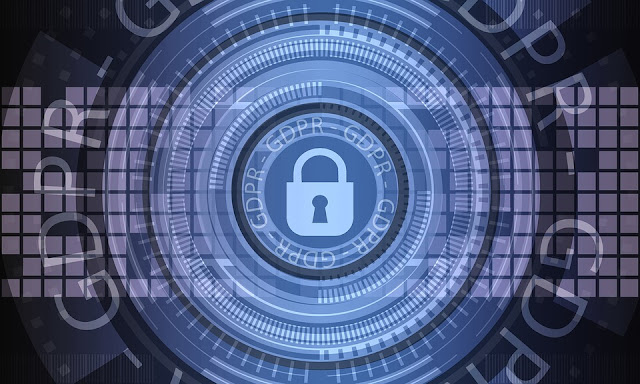More and more companies take advantage of today’s available
technology to work in dispersed or remote teams, which is when members of teams
from all over the world collaborate in order to achieve a common goal. This way
of working implies a significantly lower cost for business owners and at the
same time is convenient for workers who seek to have flexible hours.
However,
although this type of collaboration brings many benefits, it also involves
complications and new principles to ensure a smooth operation. Let's review 3
of the most important:
1. Clarify specific tasks and processes, not only the
objectives and roles
Any manager must agree with his team on the “game they’re
playing” and with virtual teams, this is no different. As they are not in the
same place and there are many “substitutions” in the team, it’s important to pay
more attention to the details of the tasks and processes to be used for the
project. When everyone knows what they have to do and when, it makes the
teamwork much easier and also quicker. In order to make sure you’re on the right
track, conduct periodic reviews to assess how things are going and determine
whether to make adjustments to the process or to take some other measures such
as trainings, adjustments in the workload, etc.
2. Create a "map" of communication and workload
The only way to prevent conflicts, arising due to the lack
of information or misunderstanding caused by the distance, is to have a very
clear communication process. We suggest to create a map to establish
participation standards in the team, such as limiting external distraction,
having visual meetings once a week, sharing a document, etc. Also, there should
be a tool to see who is working how much, to ensure that the workload is distributed
evenly. The weekly, regular meetings are good to discuss this and the future
agenda.
3. Communicate and analyze
With clear processes and a communication map, the remote
teams are properly set up and can start working independently. But as we
mentioned above, it’s very important to speak to each other and also help each
other. Open discussions are crucial, especially when a new team member arrives.
Along with this, feedback is very important. The last thing any team member would
want, is to complete his workload and think he is finished, when all of a
sudden the project manager tells him, that he has been doing it wrong the whole
time and he has to redo everything. So a thorough analysis is required, not only of the process and the way of
communication, but also of the individual. Only with clear and open minds can a
remote team be successful.
In order to manage these 3 processes, we recommend tools for
this, preferably in the cloud so everyone can access it from wherever they are.
Of course there are plenty of them, but why not use
time tracker app primaERP - you have an
overview of the time each person spent and on what, and thorough reports for the analysis. Add a communication tool like Skype and you’re
ready to go :-).



Comments
most fun games 69
Post a Comment